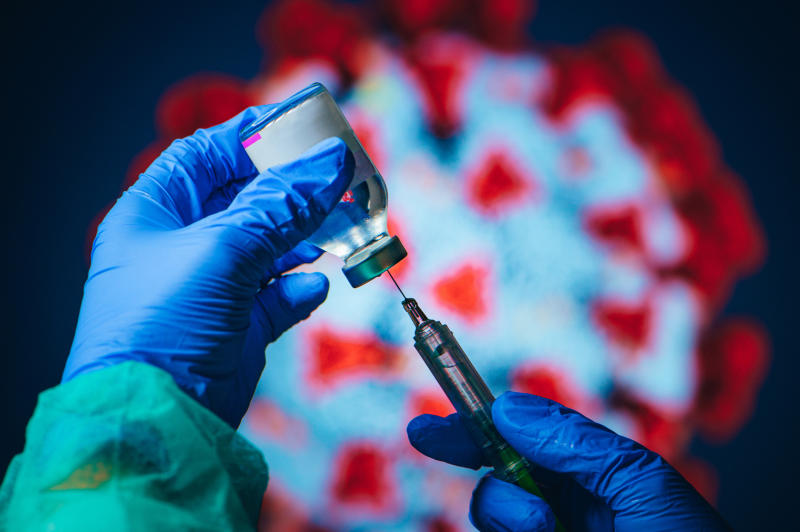×
The Standard e-Paper
Join Thousands Daily

When Covid-19 emerged, it was clear from the outset this was not just a public health emergency, but a communications crisis as well.
The pandemic has not only caused significant challenges for health systems across the globe but also fueled surge of rumours, hoaxes and misinformation, regarding the etiology, outcomes, prevention, and cure of the disease. As Covid-19 spreads around the world, so does misinformation — ranging from fake cures to full-blown conspiracy theories.